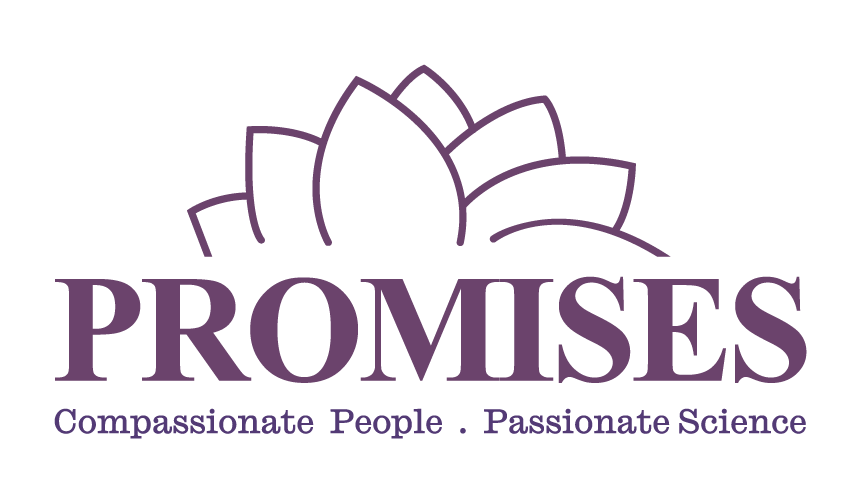Originating from the Greek word ‘wound’, trauma is used to describe the unwelcome recollection of disturbing experiences – those which can cause one to relive horrifying, spine-chilling moments of a disaster or a tragic event which leaves a deep mark on a person’s life.
Flashbacks can be particularly frightening for people with Post-traumatic Stress Disorder (PTSD), which is a delayed stress reaction, where an individual involuntarily re-experiences the mental and physical responses (i.e emotional, cognitive and behavioural aspects) that accompanied the past trauma. Symptoms can be particularly intrusive, presenting themselves in the form of nightmares and emotional distress upon remembering upsetting memories, and even certain physical reactivity after the exposure to traumatic reminders. Additionally, depending on the severity of one’s condition, the negative alterations in mood and behaviours may vary. Alterations may comprise of (non-exhaustive):
- Exaggerated self-blame or others for causing the trauma, and a sense of invalidation
- Decreased interest in activities
- Increased irritability or aggression
- Hyper-vigilance, excessive paranoia or heightened startle reaction
- Difficulty sleeping or concentrating
- Risky or destructive behaviour (can include the development of maladaptive coping strategies such as substance abuse)
- A sense of isolation
- Avoiding trauma-related stimuli / reminders of the traumatic event (including places, activities, people, thoughts or feelings that may bring back unwanted memories).
Unlike what most would perceive, PTSD does not solely affect individuals who have been through a tragic event personally. Apart from the direct exposure to a trauma, people can also develop PTSD through the witnessing of the event, or upon learning that a close one was exposed to the trauma. The indirect exposure to aversive details of the trauma in the course of professional duties (such as first responders or paramedics) can also make one prone to developing PTSD. With the effects lasting a lifetime for some individuals, PTSD can be debilitating to one’s mental health, robbing one of joy and freedom.
This is where Dialectical Behavioural Therapy (DBT) comes in. DBT is a comprehensive cognitive-behavioural treatment that can provide strong empirical support for individuals struggling with PTSD, Borderline Personality Disorder (BPD), Non-Suicidal Self-Injury (NSSI), and others. Intended to help persons with complex issues that place them at high risks of suicide or other self-destructive behaviours, DBT focuses on imparting the knowledge and skills to cope with PTSD and trauma reminders. Moreover, it also aims to assure the generalisation and application of skills learnt to the environment beyond the treatment setting, as well as to ensure that dysfunctional behaviours are not inadvertently reinforced. DBT consists of four stages, with the first two being the standard, essential stages for all clients.
Stage 1: Aiming to Achieve Better Stability and Behavioural Control
It is safe to say that most of the work is done at stage 1, where clients work hand-in-hand with their therapists to target behavioural dyscontrol and to address the chaos within them. When clients first take on DBT, they are often said to be at their lowest point in their lives. As such, stage 1 focuses on achieving control over life-threatening behaviours, therapy-interfering behaviours, as well as other factors that are causing a decline in their quality of life. At the same time, it will serve to increase one’s behavioural skills which can include mindfulness, interpersonal effectiveness , emotion regulation, distress tolerance and self-management. In short, this helps the individual to stabilise, and to reduce the frequency of impulsive and emotional outbursts.
However, stage 1 alone is insufficient. Although there are reductions in unwanted behaviours arising from the traumatic experience, these people may not have perfect control over their condition yet, and thus may still feel depressed, and anxious along with other PTSD symptoms.
Stage 2: Normative Emotional Experiencing & Expression
In this stage, trauma-focused treatment is engaged, and past traumatic experiences are safely explored. Therapists will help clients to emotionally process them by approaching (gradually) the avoided trauma-related memories, as well as to help them continue applying the skills learnt in stage 1. With that said, the main objective of stage 2 is to discourage the client from silencing and burying the emotional pain.
Subsequently, this makes it easier for therapists to assess the severity of the problems, the relationships between the issues faced and to determine the hierarchy of needs based on the client’s goals.
Stage 3: Achieving Ordinary Happiness and Tackling Unhappiness
Upon ensuring that the individual is no longer suffocating under the same weight of fear that they once were, stage 3 aims to maintain progress and reasonable goal-setting. This establishes greater stability and addresses any other remaining problems in living. As the clients’ previous undesirable behaviours may have disrupted other aspects of their lives, stage 3 will also focus on improving relationships, and increasing valued daily activities.
Stage 4: Regaining the Capacity for Sustained Joy
Lastly, some people will choose to engage in stage 4 to find comfort in and to work towards spiritual fulfilment. This mainly helps to tackle any feelings of incompleteness as well as to ensure one’s capability to maintain an ongoing capacity for happiness.
DBT is an efficacious prototypic phase-based treatment of PTSD as it is a support-oriented approach to treatment, helping individuals to identify their own strengths and then building upon them to improve the person’s outlook on their life. By improving one’s ability to cultivate emotional regulation, increasing one’s ability to handle challenging emotions, and coping with conflict properly through interpersonal effectiveness, DBT can help traumatised individuals develop invaluable life skills that will allow them to achieve an overall improved quality of life.
At Promises, we have psychologists and therapist that are trained to administer DBT. If you or your loved one is struggling with PTSD, Borderline Personality Disorder (BPD), Non-Suicidal Self-Injury (NSSI), etc and would like to speak with one of our psychologists or therapists for help, do drop us a line or write to us through the contact us page.
References:
Zimbardo, P. G., Johnson, R. L., & McCann, V. (2017). Psychology: Core Concepts (8th ed.). Pearson. (Accessed 22/11/2020)
Wagner, A. (2015). Applications of dialectical behaviour therapy to the treatment of trauma-related problems. Portland DBT Institute. https://adaa.org/sites/default/files/Wagner_MC.pdf (Accessed 22/11/2020)

